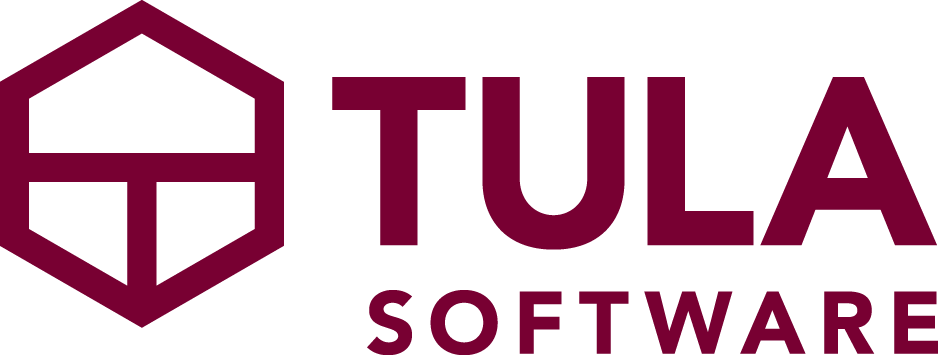Between running our own business and watching Maile set up a number of various things for her studio, we’ve learned a lot about a number of great business tools that I thought you might find useful. In no particular order, here are some great apps and services we use to run our businesses.
Less Accounting
I’ve tried a ton of different accounting software, and Less Accounting is by far my favorite. You can set it up so that it automatically pulls in data from your bank accounts, credit cards, and PayPal accounts. Financial data is a big deal, and I trust these guys with my information. They’re a small business themselves, and they treat their customers wonderfully.
Basecamp
Basecamp is an awesome, easy to use project management and task management software. Every software project we run has a basecamp project set up for it, and we have an operations project for anything company related. This is a great piece of software that can help you plan any number of projects from building out a new space, redoing a bathroom, or planning a retreat.
Formstack
Formstack makes it insanely easy to add forms to any website. They integrate with a bunch of payment providers, and they can be used for anything from surveys, trivia contests, email list signup forms, and payment forms. There are few products I love as much as Formstack.
Tiny Letter
Tiny Letter is a super simple, light weight email marketing platform. They stripped out a bunch of features, and left users with an awesome way to write a lot of people at once.
MailChimp
MailChimp actually just acquired Tiny Letter, but for those looking for a more robust email marketing option, MailChimp is fantastic.
Media Temple
All my self hosted websites (non web applications) are hosted with Media Temple. They have the friendliest user interface of any hosting provider I’ve checked out, and I’ve had an excellent experience with them. If you’re going to host your own website, you might want to check them out.
Google Apps
We both use Google Apps as our email provider, contact syncing, and shared calendars. You can set things up to seamlessly sync between your phones, computers, and the web. It’s free for up to ten users.
Stripe
We love stripe so much we chose them as the company that powers our credit card processing. Anyone can sign up for an account for free, and you can even hook up your Formstack forms to take one off payment for random business ideas you might think of. Being able to accept credit cards is extremely liberating, and Stripe makes it dead simple.
Square
Square is disrupting the payment industry and making life better for all kinds of small businesses. Their register app for the iPad is a full point of sale system, is completely awesome, and free to download.
We love all these companies and products, and we use them to run our own businesses every single day. I hope you’ll find some of them as useful as we do.
